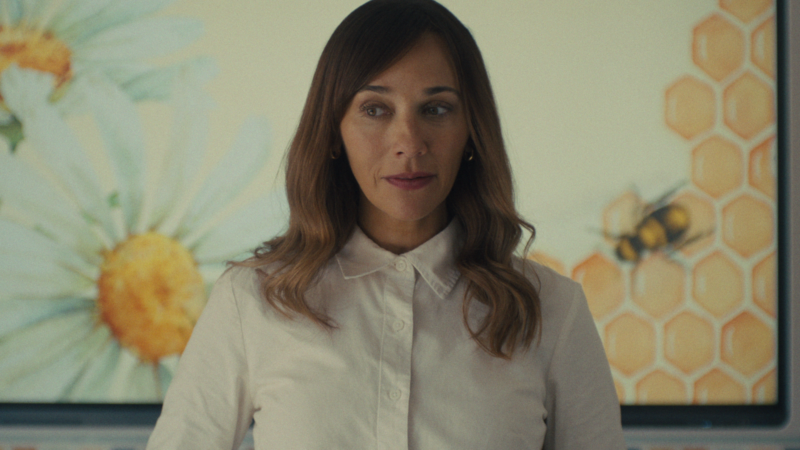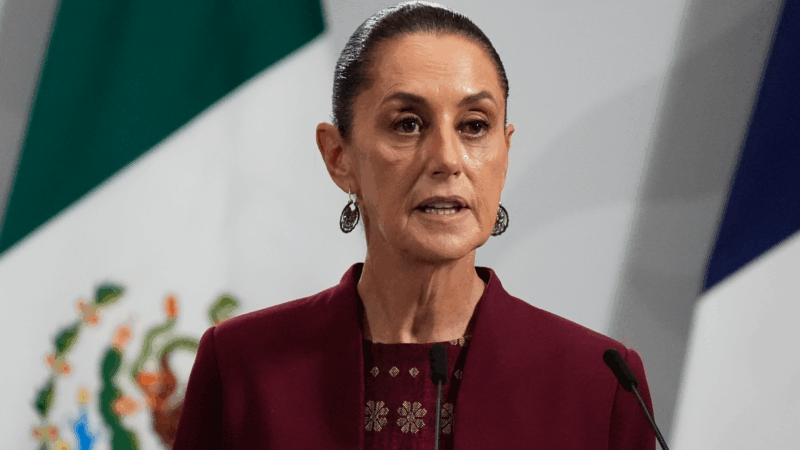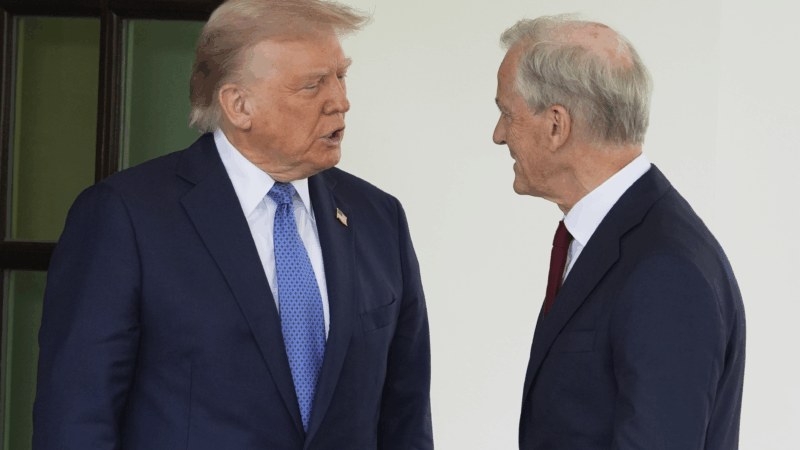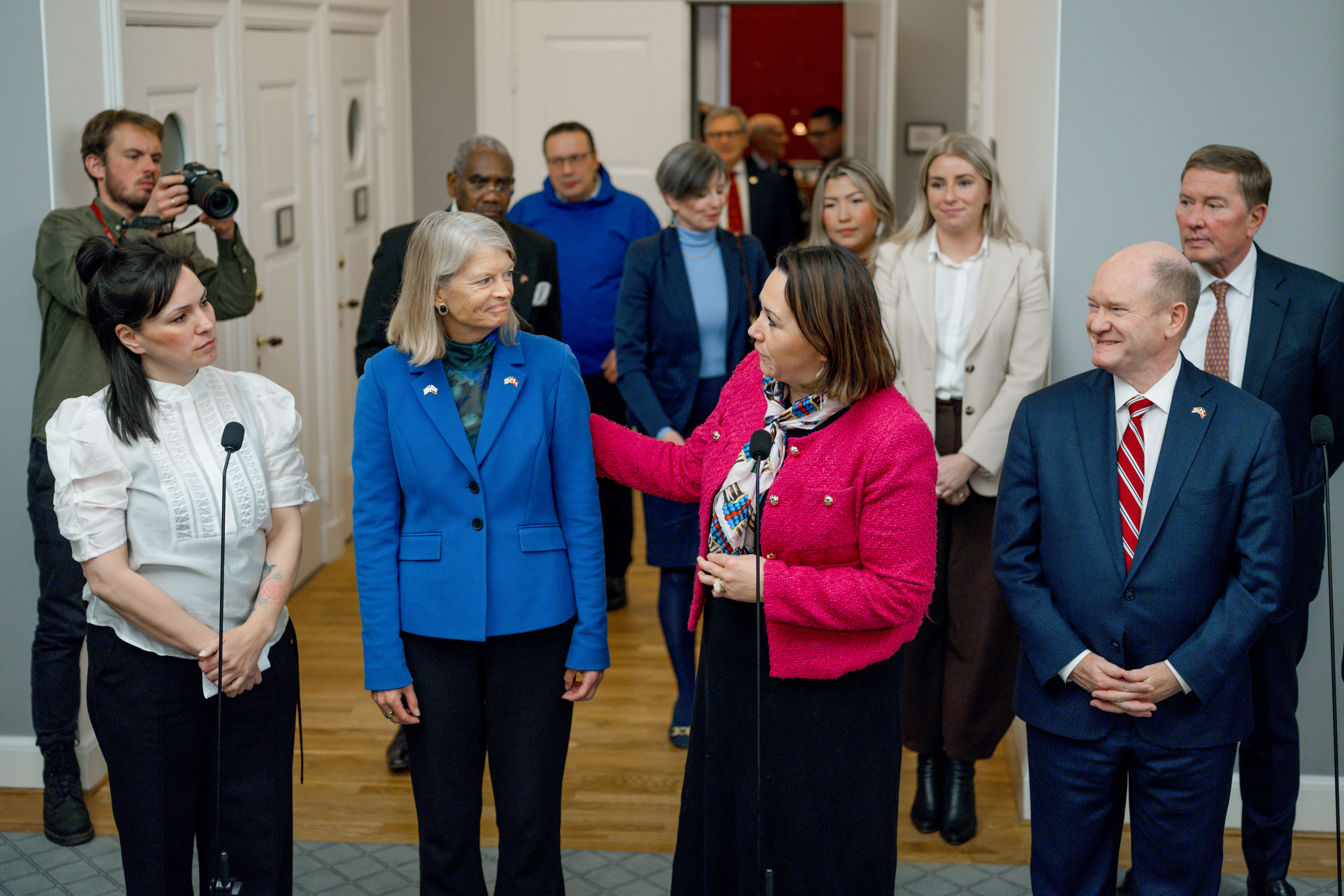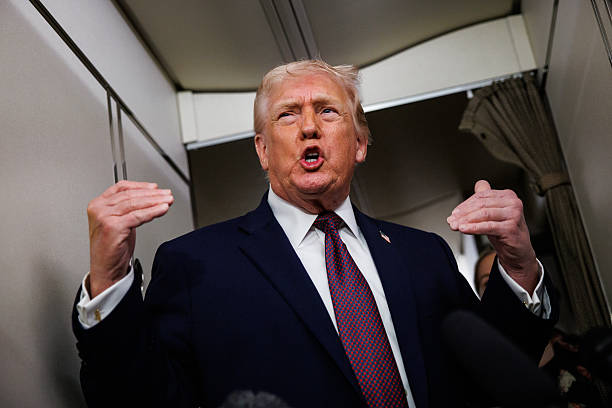The new season of ‘Black Mirror’ is different, in a good way
The very first episode of Black Mirror, which debuted in 2011, is not about complex technology. Called “The National Anthem,” it’s about 24-hour news saturation and the public opinion swings enabled by social media.
Almost 15 years later, the new seventh season of Black Mirror has gone super-fancy with its imagined tech — specifically, the idea of a storable, transferable human consciousness. In several of the episodes, what’s at stake is the ability to transfer or copy your full self into an alternate reality, or an alternate dimension, or simply up to the cloud for storage.
Are these episodes as good as classic Black Mirror? Well, they’re different. Classic Black Mirror includes some stupendously bleak stuff premised on the idea that humans take every technological advancement and use it for evil — to torture each other, control each other, and exploit each other. Most of these stories, on the other hand, are more ambivalent, suggesting there are threats but also opportunities in a world where your humanity can be moved around like any other file.
It would feel pretty heavy at the moment to have something like a “White Bear” or a “Fifteen Million Merits,” something really and truly horrific, dropped on our heads. With not one but several episodes that are genuinely about love, perhaps this is the right season for the right time.
Here’s a quick rundown of what to expect from the episodes – and what works.
“Common People”: Starring Chris O’Dowd and Rashida Jones, this one follows a loving couple of modest means, getting by until the wife lapses into a coma because of an inoperable brain tumor. A chipper sales rep played by Tracee Ellis Ross convinces the husband to sign up with a subscription service that will upload his wife’s brain to the cloud, so she can survive surgery. Riffing on the ways that subscription services trap people and then deteriorate with time, the episode gets very good work from the leads and has some good and dark jokes as things get grimmer, but after a while, it feels a bit one-note, clever but not quite satisfying.
“Bête Noire”: A woman realizes that a new work colleague she also knew long ago is sabotaging her. Her inability to explain what’s happening is compelling, but the resolution of the mystery lets this one down a bit. There are episodes of Black Mirror that bump up against the idea that a person or a gizmo is all-powerful, and that starts to be more absurd than unsettling.

“Hotel Reverie”: Issa Rae plays an actress who, through the use of AI, takes the lead role — originally played decades ago by a man — in a “remake” of a swoony black-and-white old-Hollywood romance. To make it, her consciousness steps into the world of the movie opposite the original actress, played by Emma Corrin. One of Black Mirror‘s best episodes is “San Junipero,” another romance between women who meet in an unreal space, and this lovely story, in which Corrin makes a very convincing 1940s actress, pairs well with it.
“Plaything”: This weird little tale finds Peter Capaldi playing a scruffy old electronics nerd. He tells the tale of a video game he’s played for years that’s populated with little yellow beings who are trying to … take over humanity, pretty much. Here, the porous boundary between virtual and real worlds continues as the little guys, called “Thronglets” (sounds bad, right?) threaten to leave their domain and enter ours.

“Eulogy”: This is probably the most emotionally rich episode of the season. Paul Giamatti plays a man who explores memories of an old girlfriend with a “guide” gathering information for her memorial. There’s no twist, just a man reckoning with the differences between the history he remembers and the history that really happened — as we all do now and then. Giamatti is excellent, and of all the warmer and fuzzier Black Mirror episodes, this is among the best.
“USS Callister: Into Infinity”: Back in the fourth season, Black Mirror premiered “USS Callister,” in which a game designer, played by Jesse Plemons, imprisoned digital clones of his co-workers in a world based on his favorite old spaceship TV show, where he was the dictatorial captain. When he cloned Nanette, played by Cristin Milioti, she rebelled. In this sequel, the cloned Nanette and the rest of the ship’s crew are still trying to survive. The original was a pointed examination of a man whose cruelty didn’t prevent him from seeing himself as a good guy and a victim; this one feels more comic and not quite as cutting. Still, the returning cast, which also includes Billy Magnussen and Jimmi Simpson, is a pleasure.
This piece also appeared in NPR’s Pop Culture Happy Hour newsletter. Sign up for the newsletter so you don’t miss the next one, plus get weekly recommendations about what’s making us happy.
Listen to Pop Culture Happy Hour on Apple Podcasts and Spotify.
Italian fashion designer Valentino dies at 93
Garavani built one of the most recognizable luxury brands in the world. His clients included royalty, Hollywood stars, and first ladies.
Sheinbaum reassures Mexico after US military movements spark concern
Mexican President Claudia Sheinbaum quelled concerns on Monday about two recent movements of the U.S. military in the vicinity of Mexico that have the country on edge since the attack on Venezuela.
Trump says he’s pursuing Greenland after perceived Nobel Peace Prize snub
"Considering your Country decided not to give me the Nobel Peace Prize… I no longer feel an obligation to think purely of Peace," Trump wrote in a message to the Norwegian Prime Minister.
U.S. lawmakers wrap reassurance tour in Denmark as tensions around Greenland grow
A bipartisan congressional delegation traveled to Denmark to try to deescalate rising tensions. Just as they were finishing, President Trump announced new tariffs on the country until it agrees to his plan of acquiring Greenland.
Trump has rolled out many of the Project 2025 policies he once claimed ignorance about
Some of the 2025 policies that have been implemented include cracking down on immigration and dismantling the Department of Education.
Can exercise and anti-inflammatories fend off aging? A study aims to find out
New research is underway to test whether a combination of high-intensity interval training and generic medicines can slow down aging and fend off age-related diseases. Here's how it might work.

